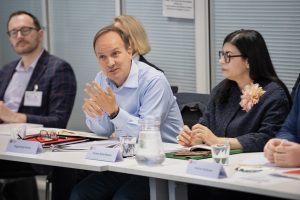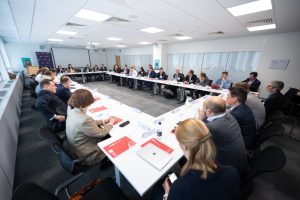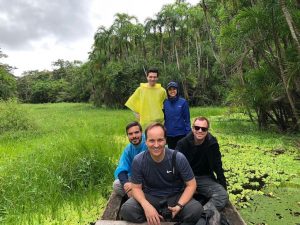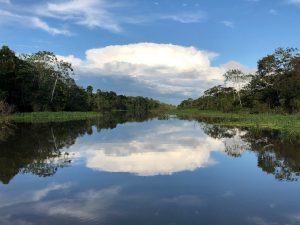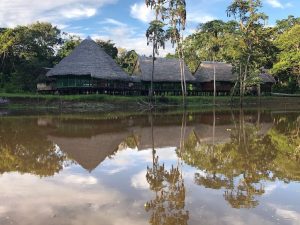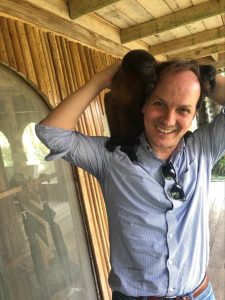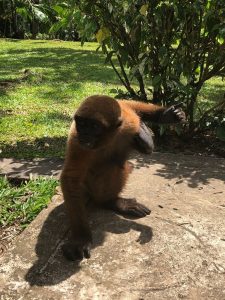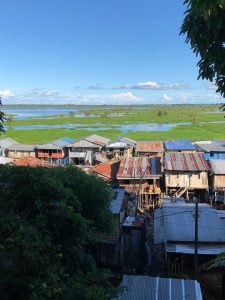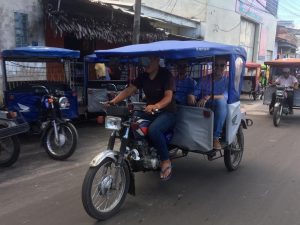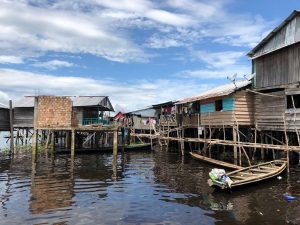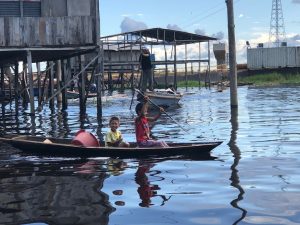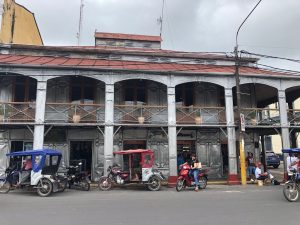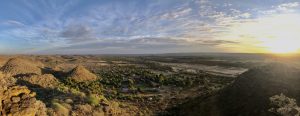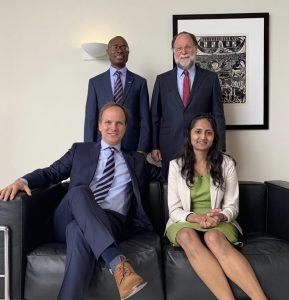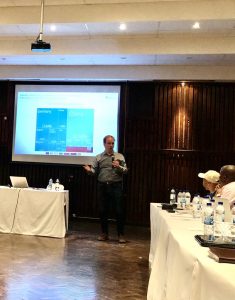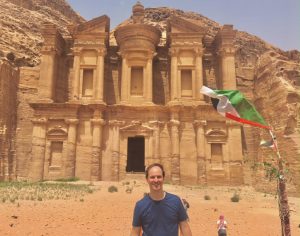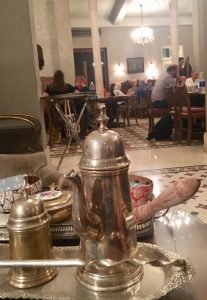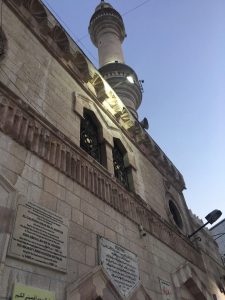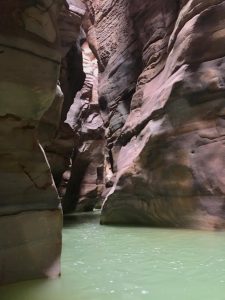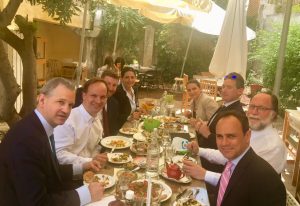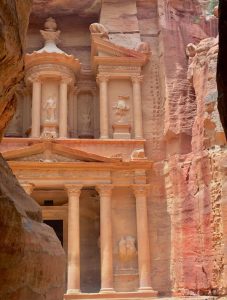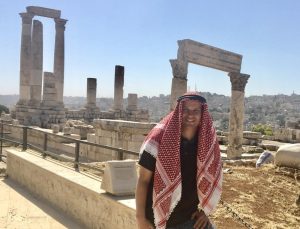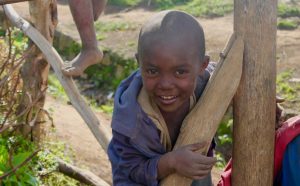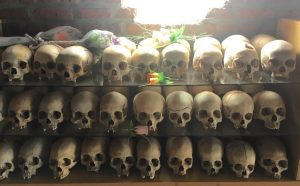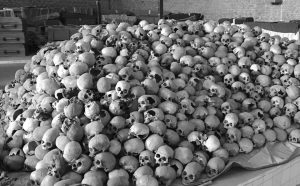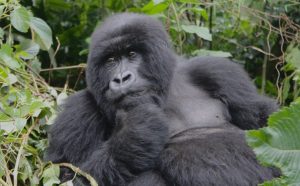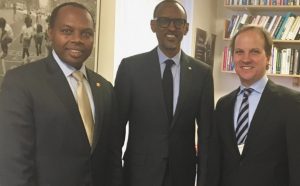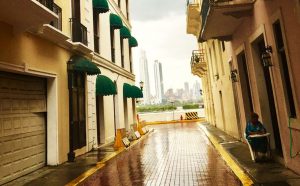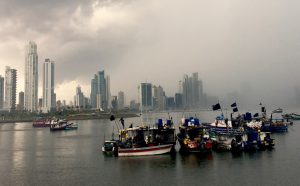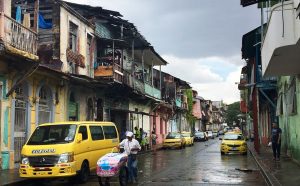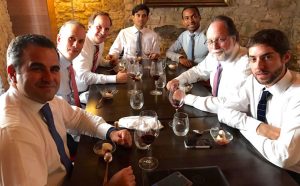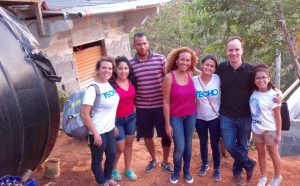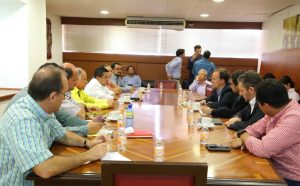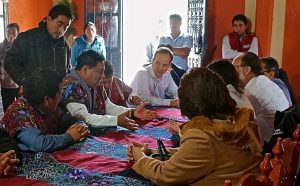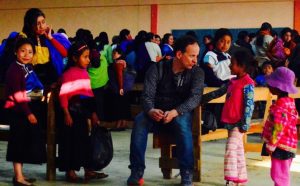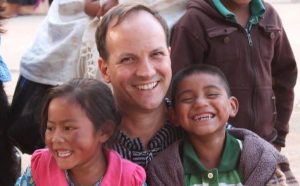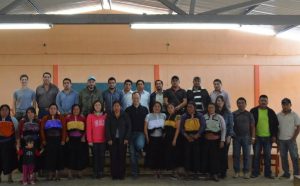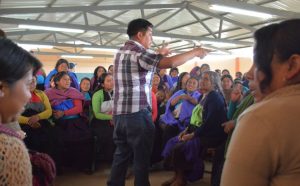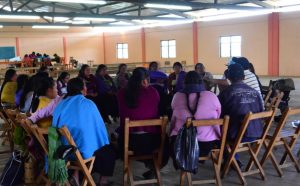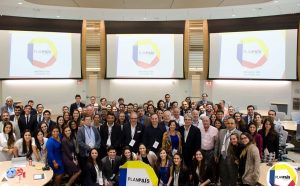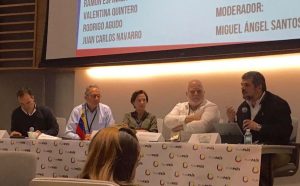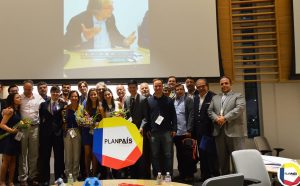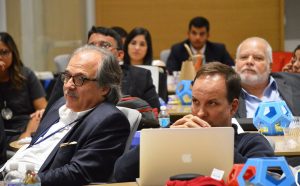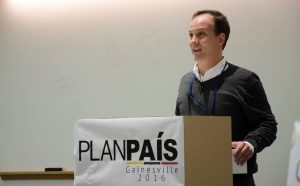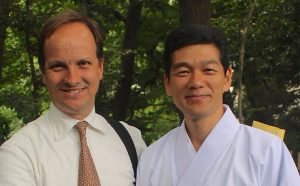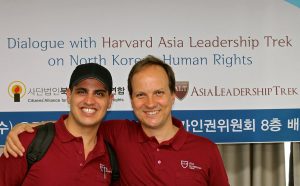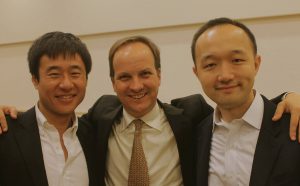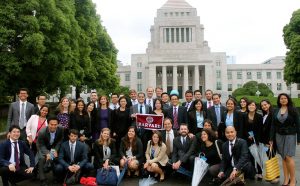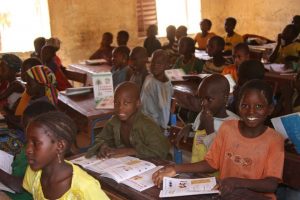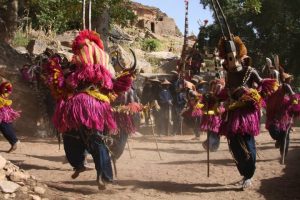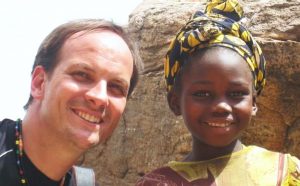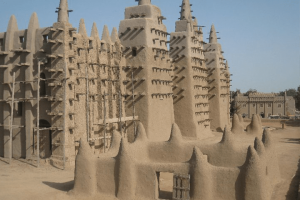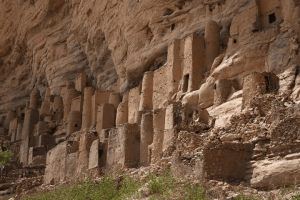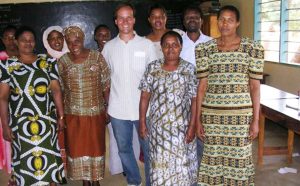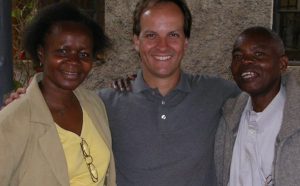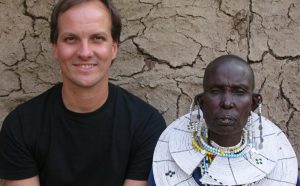Ukraine Reconstruction Forum
Very happy to have organized and participated in the Ukraine Reconstruction Forum, a closed meeting that the Growth Co-Lab at the School of Public Policy of London School of Economics convened, to provide a safe space and support the government of Ukraine and international financial institutions to improve coordination associated with the reconstruction plans. There, I met a group of committed, well-prepared, and hard-working public servants, that belong to a fully functioning government, and split the 24 hours of each day since late February on dealing with the emergency and prevailing; while at the same time planning, coordinating, and taking actions associated to the modernization of future Ukraine.
Loreto - Perú
Sponsored by the Moore Foundation, Harvard´s Growth Lab is doing research to support a new development strategy for Loreto, Peru, aimed at striking a balance between improving the standards of living and environment equilibrium, and breaks the development vs. conservationism dilemma that has predominated in the discussion.
Namibia
We spent the weekend of November 9-11 in Midgard, on the Namibian savannah, brainstorming with the High-Level Panel for the Economy. The team is composed of highly qualified executives from government, academia, and the private sector. Namibia is one of the most unequal countries in the world, a puzzling feature as inequality reproduces within regions, languages and education levels. That cannot be addressed only by redistributive policies, it is necessary to think in a strategy to increase labor productivity within the most vulnerable groups.
Jordania
“In February 2018, Harvard CID launched a research initiative aimed at helping Jordan regain macroeconomic stability and resume economic growth. The country is facing tremendous challenges, after suffering a number of external shocks that include sabotage of the Egyptian pipeline used to supply gas into Jordan, massive inflows of refugees driven by regional instability, and closing of borders with one of its most important trading partner (Iraq). Jordan continues to have an enormous goodwill in the international community, in part due to its policy of open borders to refugees, that has increased its population by 50% in four years. One of the key challenges is to shift the focus from how to cushion the refugee shock, to how can Jordan make the most out of their skills and leverage their diversity to promote economic diversification.
Rwanda
Be aware of one-liners when you hear about Rwanda and Paul Kagame. This landlocked tiny nation has quadrupled its income per capita since the genocide in 1994. I spent a week traveling across its 32.600 square kilometers, trying to understand the transformation that is taking place and enjoying its magnificent nature. A rather puzzling journey. Rwanda provides a glimpse into the deepest abysses human misery can reach, and at the same a sight of the inexhaustible capacity of societies to bounce back from self-inflicted catastrophe. Is all about peak and valleys. The land of the thousand hills.
Panamá
In collaboration with the Inter-American Development Bank (IADB), Harvard CID launched a research initiative in Panama, aimed at understanding the astonishing progress achieved over the previous decade and identify potential binding constraints that must be overcome to make growth sustainable and more inclusive.
Harvard CID Project in Chiapas
Twenty years and lots of public resources after the Zapatista uprising (1994), the income gap between Chiapas and the rest of Mexico has only widened. A group of Harvard scholars spent eight months in the state trying to understand its productive dynamics and think of policies to promote inclusive growth and help Chiapas to take off.
Plan País Gainesville
Plan Pais is an annual meeting that gathers Venezuelans living abroad, and engages them in a significant round of meetings and lectures to keep them up to date with the situation of Venezuela. I was invited to the 2015 meeting in North Florida as a key note speaker, and there I met a particular demographic of Venezuelans I had never been in touch with: Those born abroad or taken away at a very young age (the revolution has been going on for 18 years and counting), who remain interested in Venezuela but have scant memories of it or none at all.
Asia Leadership Trek
In the summer of 2014 I embarked with a group of 60 Harvard Alumni on the Asia Leadership Trek. The idea of this program is to get a better understanding of Asian countries, by having the opportunity to exchange views with business leaders, politicians, academics and art figures.
Mali
In 2009 I visited Mali, from Bamako, all the way up to Timbuktu. Since then, I have been contributing with the Foundation for the Development of Pais Dogon, in particular to the small village of Tireli. The Foundation is run by Ogomano Sayegh, who is the heir of the spiritual leader of the Dogon Country. Funds are mostly channeled to purchase water pumps for Tireli and the nearby villages, and buying school supplies for the small school of Tireli.
Volunteering in Tanzania
My first experience as an international volunteer: Teaching English and helping organize the school´s soccer team at Rau Primary in Moshi village, in the outskirts of Mount Kilimanjaro. Since then, I have continued working with Chris Akaro – who moved from Principal at Rau Primary to Principal at the larger Moshi primary – to help selected high school students prepare to gain one the very limited spots to Tanzania´s universities.

